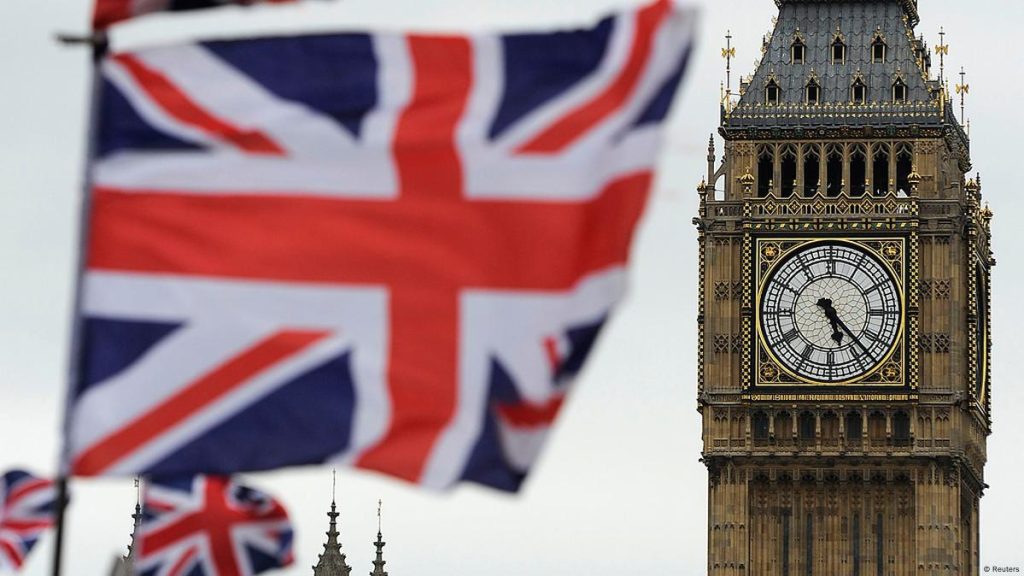The British High Commission has said both Nigeria and the United Kingdom are still far from achieving gender parity, with women facing persistent inequalities in representation, access, and opportunities.
British Deputy High Commissioner to Nigeria, Ms. Gill Lever, said this on Thursday in Abuja at the 9th Voice of Women (VOW2025) Conference and Awards, themed “Nigerian Women and the Power of Collective Action.”
She noted that although women made up 50 per cent of Nigeria’s population, they occupied less than 4 per cent of seats in the National Assembly, which she described as deeply concerning.
Lever said the UK also had not achieved full gender parity, but was on its own journey, learning, improving, and sharing lessons with Nigerian women striving for the same goal.
“This conference comes at a pivotal time in Nigeria’s journey, during a constitutional reform effort aimed at improving the political representation of Nigerian women,” she stated at the event.
She reaffirmed the UK’s support for Nigeria’s ongoing reforms, describing the gender imbalance in governance as a contradiction that must be addressed through collective effort and bold action.
She emphasised the importance of global solidarity among women, regardless of nationality, to learn from each other and push for reforms that drove gender equality around the world.
Lever commended Nigerian women’s advocacy in championing constitutional reforms, especially the campaign for reserved seats under the proposed Women’s Bill in the National Assembly.
She said the bill, if passed, would mark a historic milestone for Nigeria, enhancing women’s participation in politics and boosting Nigeria’s image as a progressive global economy.
Former South African Deputy President and ex-UN Women Executive Director, Dr Phumzile Mlambo-Ngcuka, also noted that gender disparity remained a global issue that affected almost every nation.
She said although some countries had made better progress, equal representation remained a universal challenge that continued to hold back inclusive development and democratic governance.
“We hardly have a perfect country when it comes to gender equality. Some are worse and need more work; others are better, but none have fully solved this problem,” she said.
She warned that gender parity could take more than 100 years to achieve without deliberate and strategic efforts by stakeholders, governments, and women themselves.
Mlambo-Ngcuka urged women to remain relentless in demanding equal representation, noting that challenges were many but could be overcome with persistence and the right strategies.
She encouraged Nigerian women to focus on solving local and grassroots issues to gain visibility and relevance ahead of election seasons and formal political participation.
President Bola Tinubu, represented by Minister of Women Affairs, Mrs Imaan Suleiman-Ibrahim, said Nigeria was incomplete without the strength and contribution of its women.
“Your voices remain the heartbeat of our country, undaunted, unyielding, shaping a future of equity and progress under the Renewed Hope Agenda,” Tinubu said in his goodwill message.
He reiterated his administration’s commitment to women’s empowerment, describing them as protectors of families, drivers of innovation, and key players in building Nigeria’s trillion-dollar economy.
Speaker of the House of Representatives, Mr Tajudeen Abbas, represented by Rep. Kalifat Ogbara, said women’s underrepresentation in governance would soon be history with the passage of the Special Seats Bill.
According to him, the strong momentum and advocacy behind the bill indicate that Nigeria is on the path to finally addressing gender imbalances in elective positions and public offices.
Convener of the VOW Conference, Mrs Toun Okewale-Sonaiya, said it was critical for women to stand side by side with men at the centre of governance and national decision-making.
She noted that grassroots women, the largest and strongest voting bloc, had often had their choices shaped by male interests, a narrative that must change through collective political action.
Okewale-Sonaiya urged every Nigerian woman with a Permanent Voter’s Card (PVC) to channel their individual power into collective action for lasting political and social impact.
She also urged President Tinubu to fulfill his promises on gender inclusion and to ensure balanced representation of women in governance at all levels across the country.
The post UK, Nigeria still far from gender parity — Envoy appeared first on Vanguard News.

